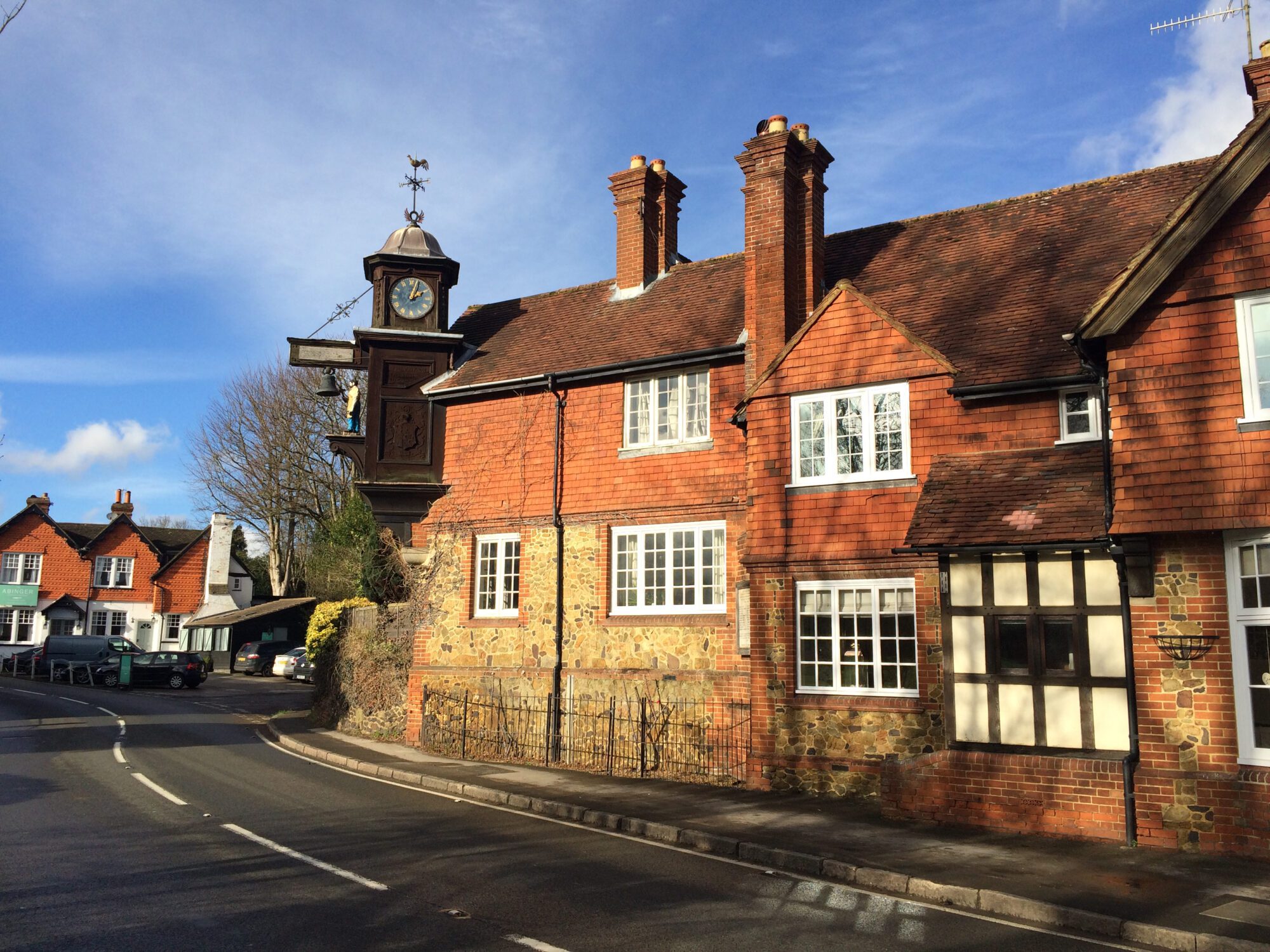
Thousands of British community centres face being closed if they are forced to introduce a range of new protections against terrorism, the government has been warned.
Critics have accused “jobsworth” officials of taking far too seriously the threat of terror attacks at halls that spend most of the year hosting weddings, local bands, and village fêtes. But the Home Office suggested that village halls needn’t worry because new measures will be “dependent on the size of the venue and the activity taking place.”
These will be introduced under what has been titled “Martyn’s Law” after Martyn Hett, who was one of the 22 victims killed in the 2017 Manchester Arena terrorist attack. The legislation does not even pretend it will try to address the societal context in which a security guard at the arena had a “bad feeling” about suicide bomber Salman Abedi but did not approach him for fear of “being branded a racist.”
Under the draft law, venues that can hold from as few as 101 to as many as 800 people may be required to undertake what the government describes as “low-cost, simple yet effective activities to improve preparedness,” including training and the creation of a “preparedness plan.” Those with maximum capacities of over 800 would be required to implement more “enhanced” measures, such as a “thorough” security plan, and for developing “a vigilance and security culture.”
The Conservative Party government said it would “establish an inspection and enforcement regime” and dish out “credible and fair sanctions for serious breaches.”
In which case, small village halls might as well close their doors for good now. That is, at least, according to Sharon Morris, the chairwoman of one such hall in Kingsclere, Hampshire. Quoted in The Mail on Sunday, Morris told a government committee that
The Terrorism Bill in its current form would probably bring about the closure of our village hall … Trustees are premises’ owners and rightly have duties, but those duties appear to make us responsible for the way in which community groups conduct their functions, and for providing them with training, etc.
We simply cannot have that level of responsibility for other people’s conduct. Other ways to cascade it must be found. Otherwise community organisations in rural settings like ours will die—along with it, community spirit and the culture of English life.
Newspaper columnist Richard Littlejohn added that the owners of village halls “are already suffering from onerous ‘elf’n’safety regulations,” and that “these mad plans must be resisted at all costs.”
But Figen Murray, the mother of Mr. Hett, who has worked with the government to produce these measures, said that the law had been “misunderstood.” She accused reports on the possible closure of village halls of “endanger[ing] lives” by “scaremongering.”
https://t.co/vjkYb5iuFF This is where #MartynsLaw is misunderstood. We are asking staff /volunteers to do the free of charge ACT training. We want people to think of what to do if something happens. Which way to evacuate? Scaremongering will endanger lives. This law is needed.
— Figen Murray OBE ~ MSc in Counterterrorism (@FigenMurray) June 25, 2023
The campaigner added that it was wrong to mock the legislation by highlighting the improbability of, as Mr. Littlejohn put it, “Islamic State … [targeting] a monthly meeting of the Much Culling In The Marsh cribbage club,” because “sooner or later terrorists will go down the County Lines route:”
[They will] go rural—less protection, less police, less security. My little local theatre with 100 seats [is] already getting [its] staff/volunteers trained up.
Prime Minister Rishi Sunak is unlikely to be turned on the subject, given his commitment “to working with Figen to improve security measures at public venues and spaces and to delivering this vital legislation to honour Martyn’s memory and all of those affected by terrorism.”
